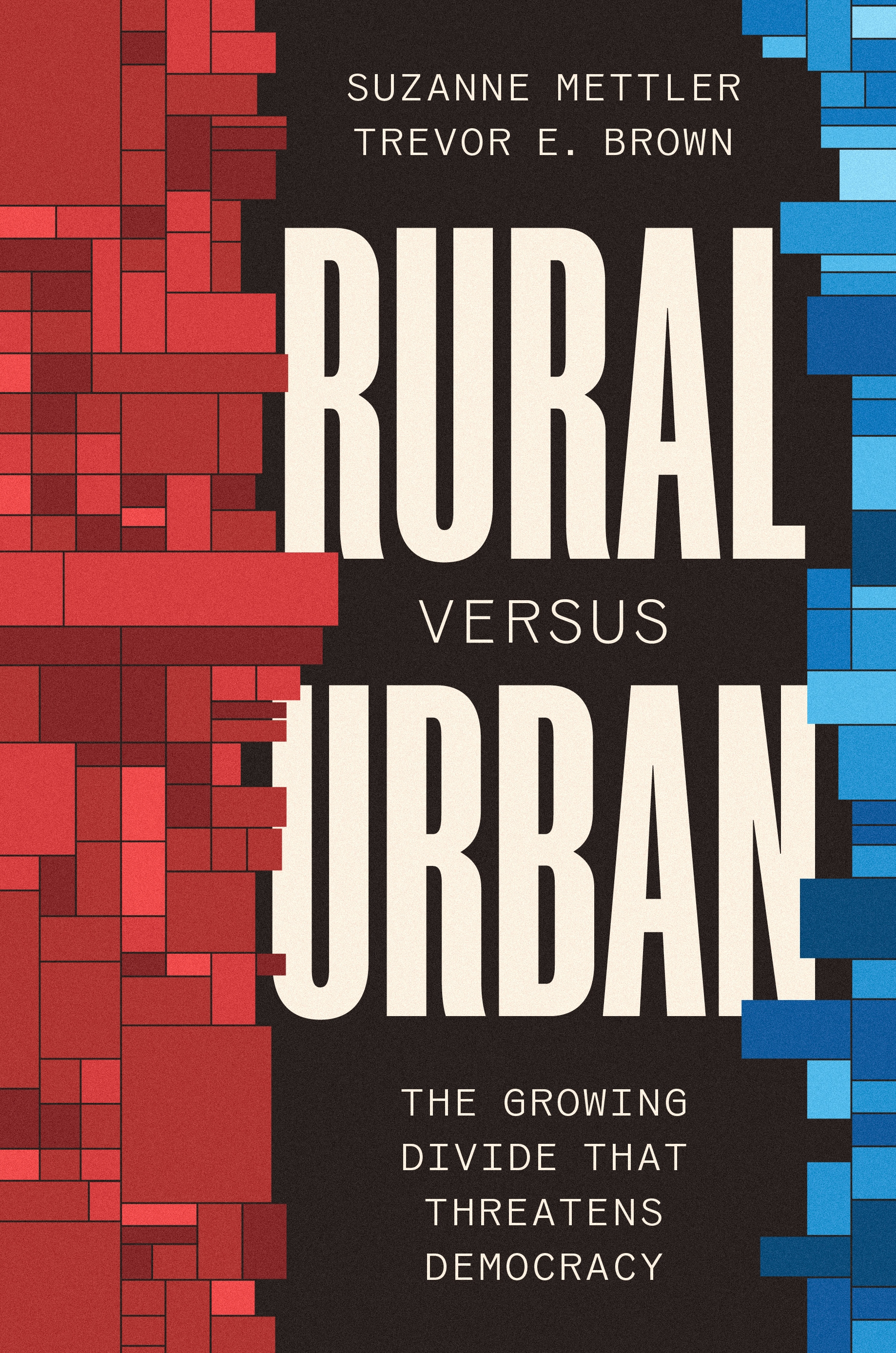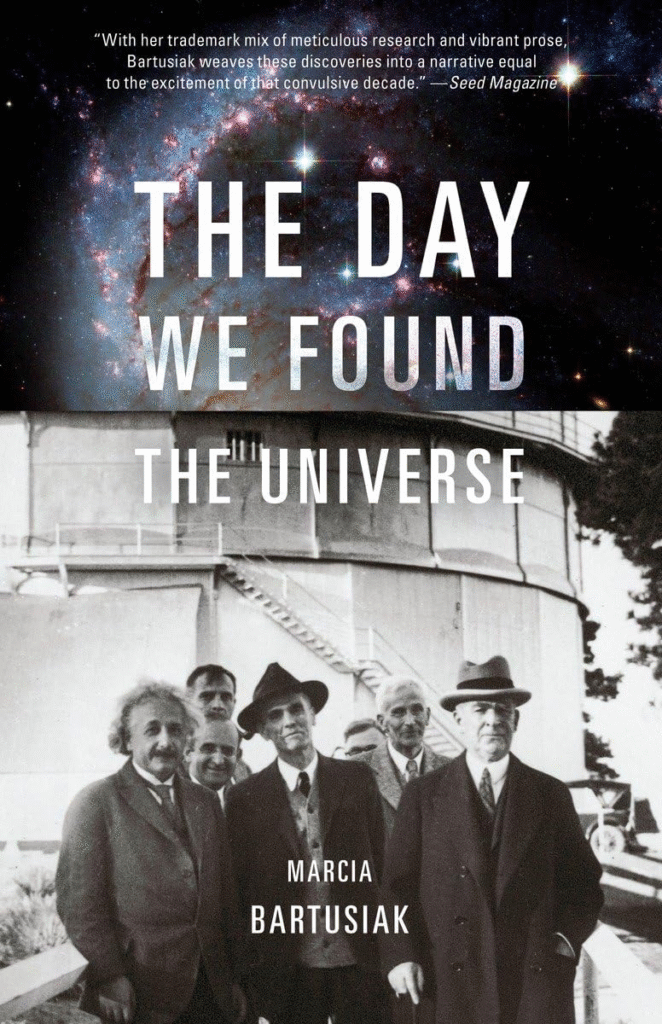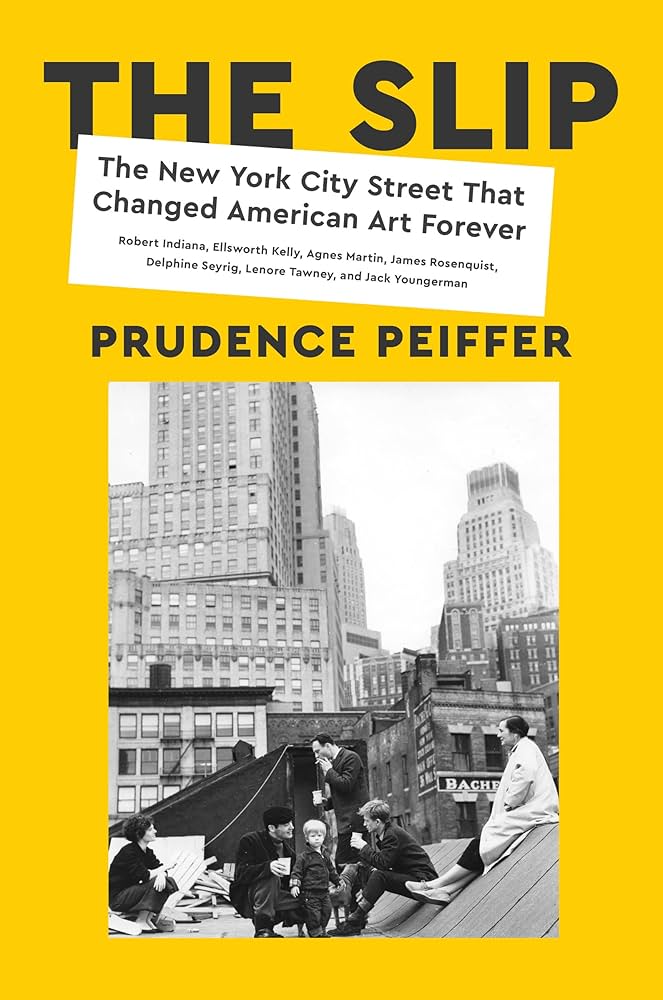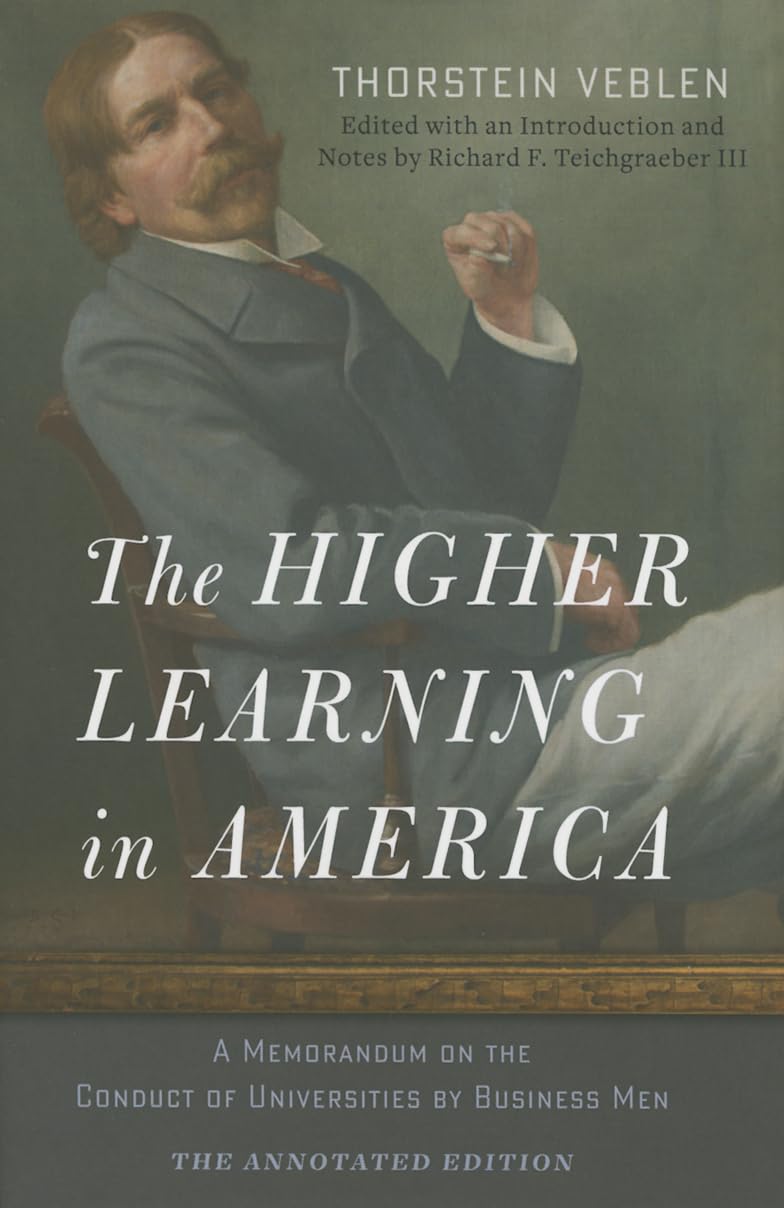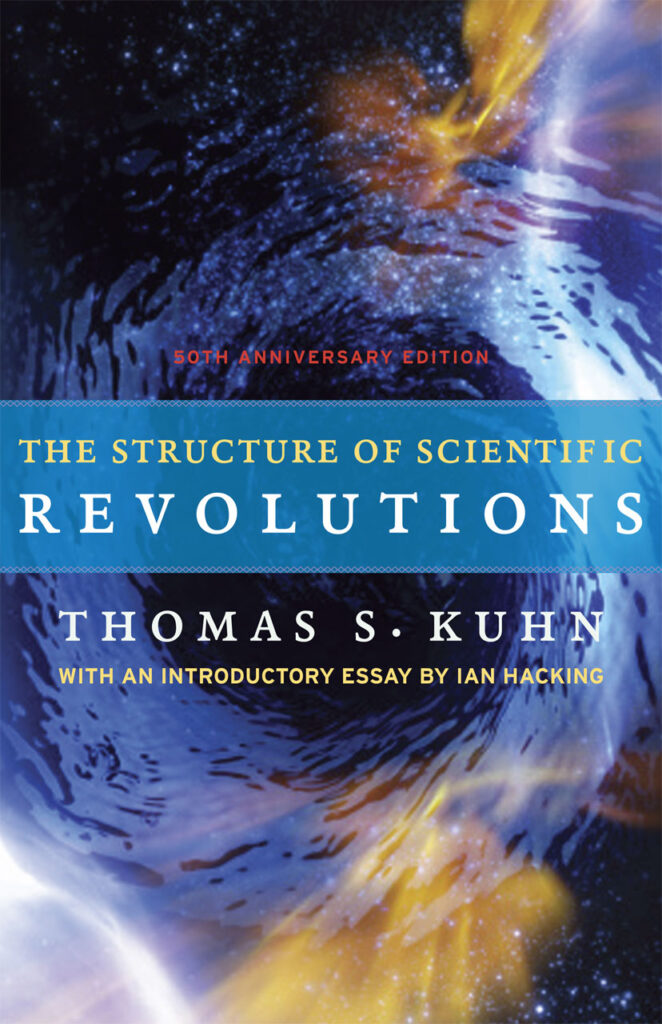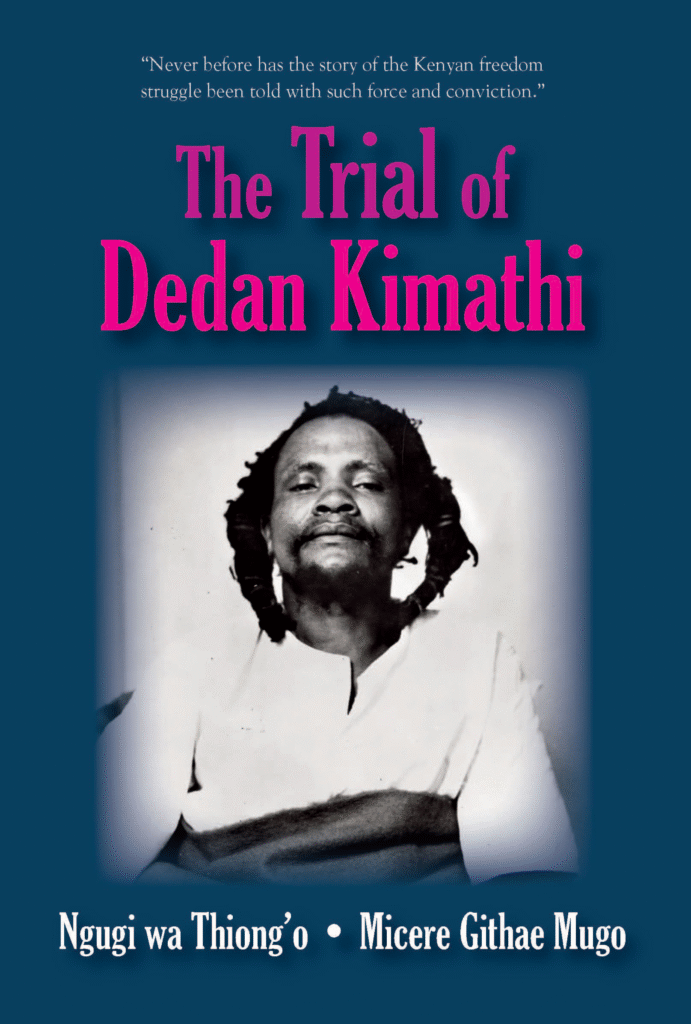Fall reads 2025: 6 books Johns Hopkins experts recommend
Read these books to dive deeper into the history of scientific breakthroughs, the state of American politics, and more.
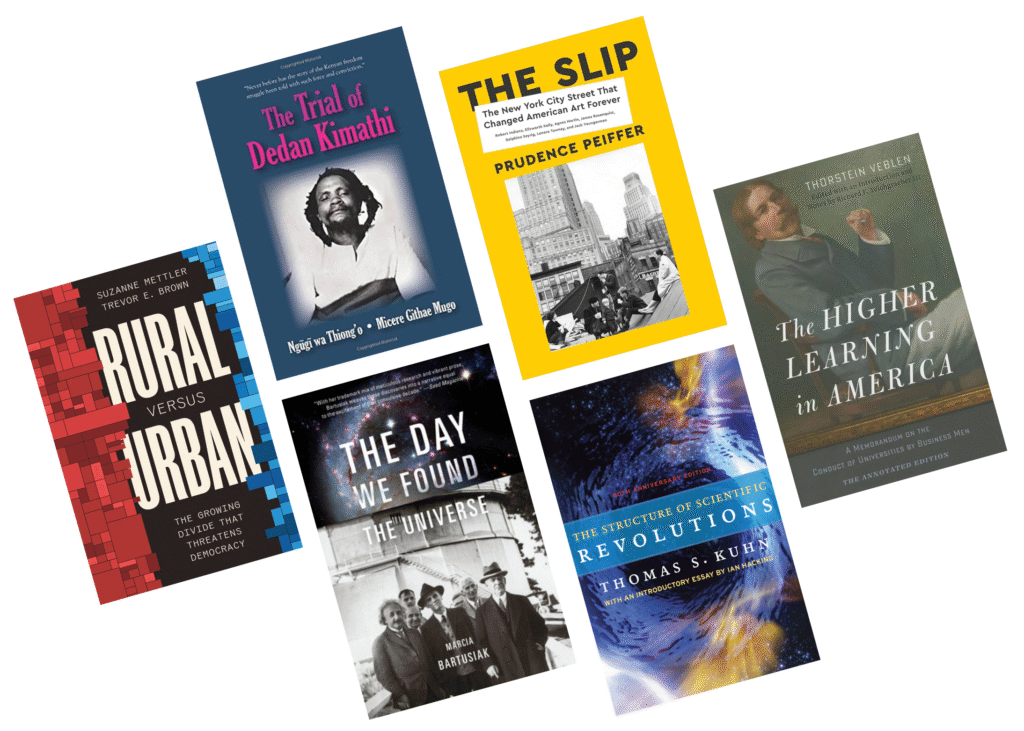
In the back-to-school spirit, six Johns Hopkins experts share foundational books they recommend for policymakers and leaders interested in exploring the analysis and history of scientific breakthroughs, U.S. democracy, American art, and more.
Leaning heavily on established works and historical moments, this book list includes a biography that captures the little-known New York City street that was home to some of America’s most influential 20th-century artists, a classic criticism and analysis of the state of American universities, and the story of how Edwin Hubble made a groundbreaking discovery that revolutionized our understanding of the universe.
Rural Versus Urban: The Growing Divide That Threatens Democracy by Suzanne Mettler and Trevor E. Brown
Lilliana Mason, an SNF Agora Institute professor of political science, recommends this book for readers looking to understand the polarization of American politics through a different lens. “While political punditry focuses on red states versus blue states, this book gets at the more accurate political divide in the United States: the difference between rural and urban parts of the country,” she said.
In it, Suzanne Mettler, a professor at Cornell University, and Trevor Brown, a postdoctoral fellow at the SNF Agora Institute Center for Economy and Society, chart how political division has become a defining factor in every state over the past 50 years, why this poses a threat to democracy, and how to repair the divide.
“In a country where rural areas are vastly overrepresented in the Senate and the electoral college, the authors examine the implications of this advantage being delivered largely to one political party,” Mason added.
The Day We Found the Universe by Marcia Bartusiak
Adam Riess, a Nobel laureate and professor of physics and astronomy at the Krieger School of Arts and Sciences, recommends this book, which documents the many players and decisions behind Edwin Hubble’s groundbreaking discovery that galaxies existed beyond our own Milky Way.
“The Day We Found the Universe is like eavesdropping on the moment the universe spilled its biggest secret—that there’s a whole lot more out there than we ever dreamed,” Riess said. “Bartusiak makes the astronomers feel like real characters in a cosmic drama, and you can’t help but get caught up in the excitement. It’s history, but it reads like a great story you’ll want to share.”
The Slip: The New York City Street That Changed American Art Forever by Prudence Peiffer
Jennifer Kingsley, the director of the Johns Hopkins Museums and Society program, called this book “an intimate look at a street in New York City and how it shaped the lives and artistic practices of artists such as Agnes Martin and Ellsworth Kelly.”
From 1956 to 1967, a set of empty sail-making warehouses on a dead-end street at the lower tip of Manhattan became home to a diverse group of artists who went on to define a new era in American art. Peiffer provides a history of this street, called the Coenties Slip, the artists it propelled, and their influence on late-20th century art and film.
The Higher Learning in America: A Memorandum on the Conduct of Universities by Business Men by Thorstein Veblen
With public trust in institutions, including universities, in decline, William Howell, the inaugural dean of the School of Government and Policy, spent his summer reading essays and books on the purpose of research in higher education. This 1918 book stood out to him.
“I’m particularly drawn to [Veblen’s] defense of ‘disinterested’ inquiry—not indifference, but research pursued independently of instrumental aims or partisan agendas,” he said. “Veblen’s concern was the encroachment of commercial interests on academic life, yet his account resonates far beyond its historical moment. At its core, he was concerned with preserving the vitality and independence of academic inquiry and learning. And by returning us to first principles, he offers vital lessons for navigating our own troubled times.”
The Structure of Scientific Revolutions by Thomas S. Kuhn
A departing postdoc gave Alexis Battle, a professor of biomedical engineering and computer science, this book, which argues that transformative breakthroughs happen outside of the typical scientific method.
“It is eye-opening to explicitly consider how the current paradigms in which we conduct science influence the space of hypotheses we formulate, discoveries we are likely to make, and how we interpret our data,” Battle said. “Scientists like to imagine we are objective collectors and interpreters of observations, but our thinking is usually influenced and constrained by many factors in the field.”
The Trial of Dedan Kimathi by Ngũgĩ wa Thiong’o and Micere Githae Mugo
After participating in the Fulbright-Hays’ Tuko Pamoja: Tanzanian Creativity and Perspectives in an Era of Climate Change summer program, Jasmine L. Blanks Jones, the executive director of the Johns Hopkins Center for Social Concern, picked up a copy of The Trial of Dedan Kimathi.
The 1976 play dramatizes the trial of Dedan Kimathi, a major Kenyan figure who resisted British colonialism, and interprets the collective action of Kenyan workers against colonial rule and oppression. Having always appreciated Thiong’o’s work for his “commitment to the use of Indigenous language and telling Indigenous African stories,” Blanks Jones said this play brought important African history to a world stage.
“This story presents a beautiful account of the trials endured by the Kenyan people under colonialism and gives important insights about resistance to the harmful norms established globally under colonialism, many of which we all still suffer today,” Blanks Jones said. “Centering Indigenous ways of knowing requires understanding that language is a tool of power. Thiong’o and Mugo capture this brilliantly in The Trial of Dedan Kimathi.”
